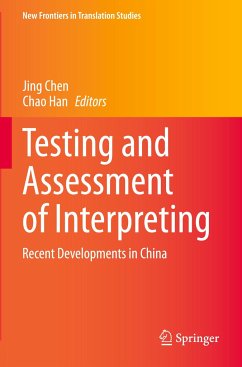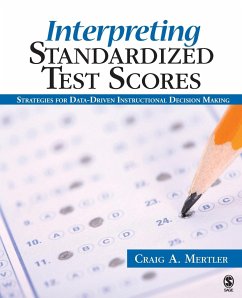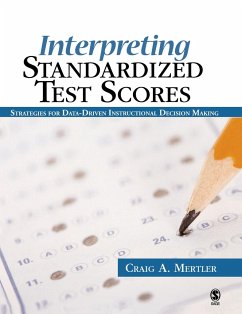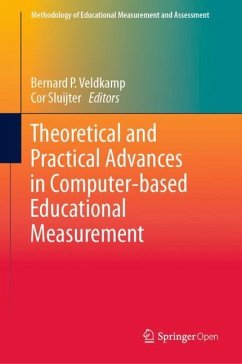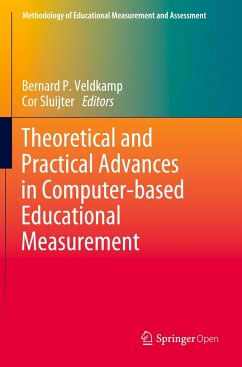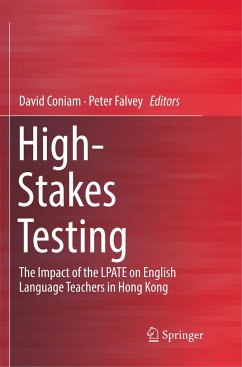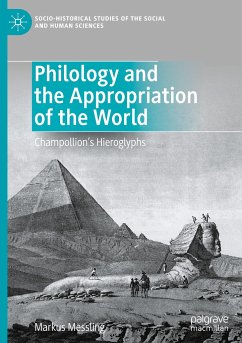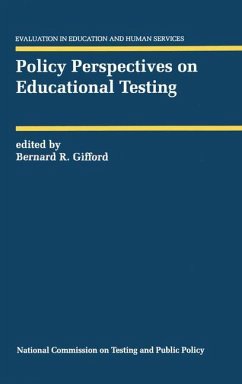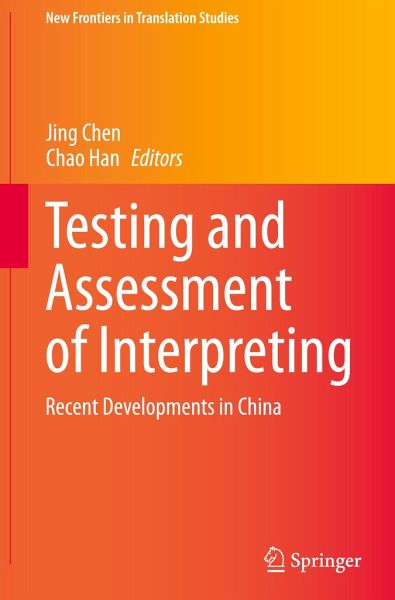
Testing and Assessment of Interpreting
Recent Developments in China
Herausgegeben: Chen, Jing; Han, Chao

PAYBACK Punkte
61 °P sammeln!
This book highlights reliable, valid and practical testing and assessment of interpreting, presenting important developments in China, where testing and assessment have long been a major concern for interpreting educators and researchers, but have remained largely under-reported. The book not only offers theoretical insights into potential issues and problems undermining interpreting assessment, but also describes useful measurement models to address such concerns. Showcasing the latest Chinese research to create rubrics-referenced rating scales, enhance formative assessment practice, and expl...
This book highlights reliable, valid and practical testing and assessment of interpreting, presenting important developments in China, where testing and assessment have long been a major concern for interpreting educators and researchers, but have remained largely under-reported. The book not only offers theoretical insights into potential issues and problems undermining interpreting assessment, but also describes useful measurement models to address such concerns. Showcasing the latest Chinese research to create rubrics-referenced rating scales, enhance formative assessment practice, and explore (semi-)automated assessment, the book is a valuable resource for educators, trainers and researchers, enabling to gain a better understanding of interpreting testing and assessment as both a worthwhile endeavor and a promising research area.



